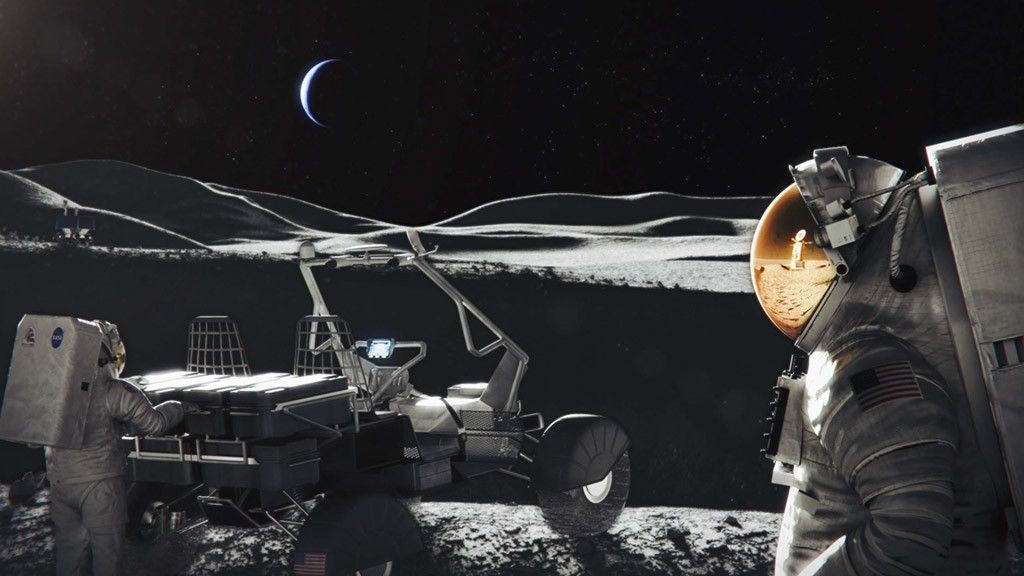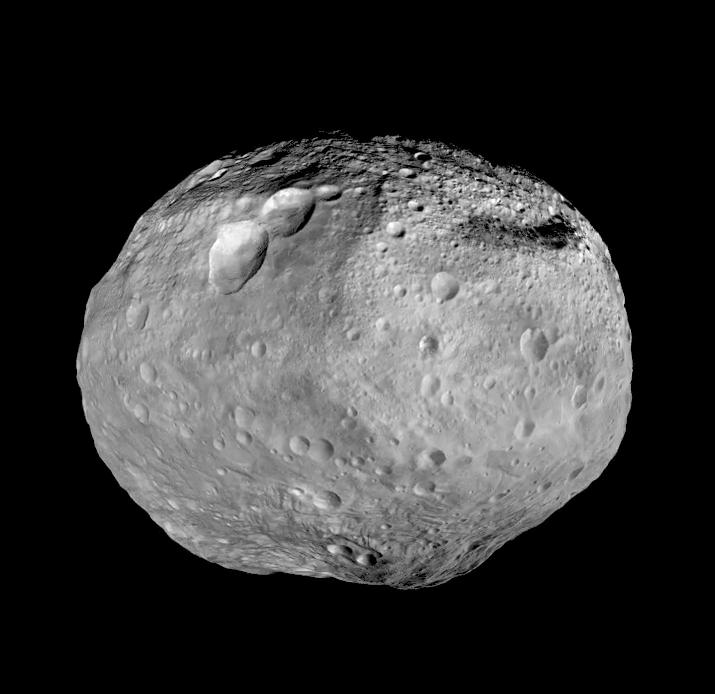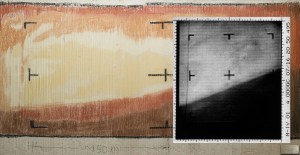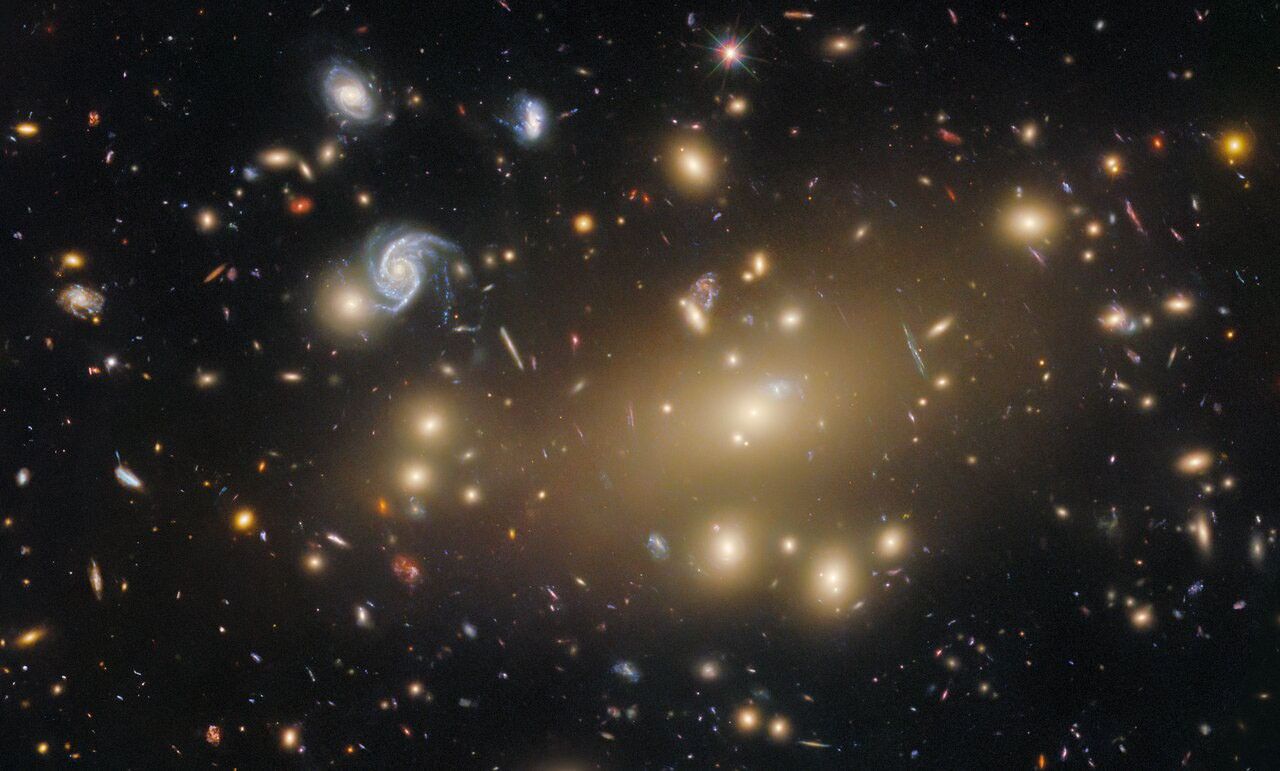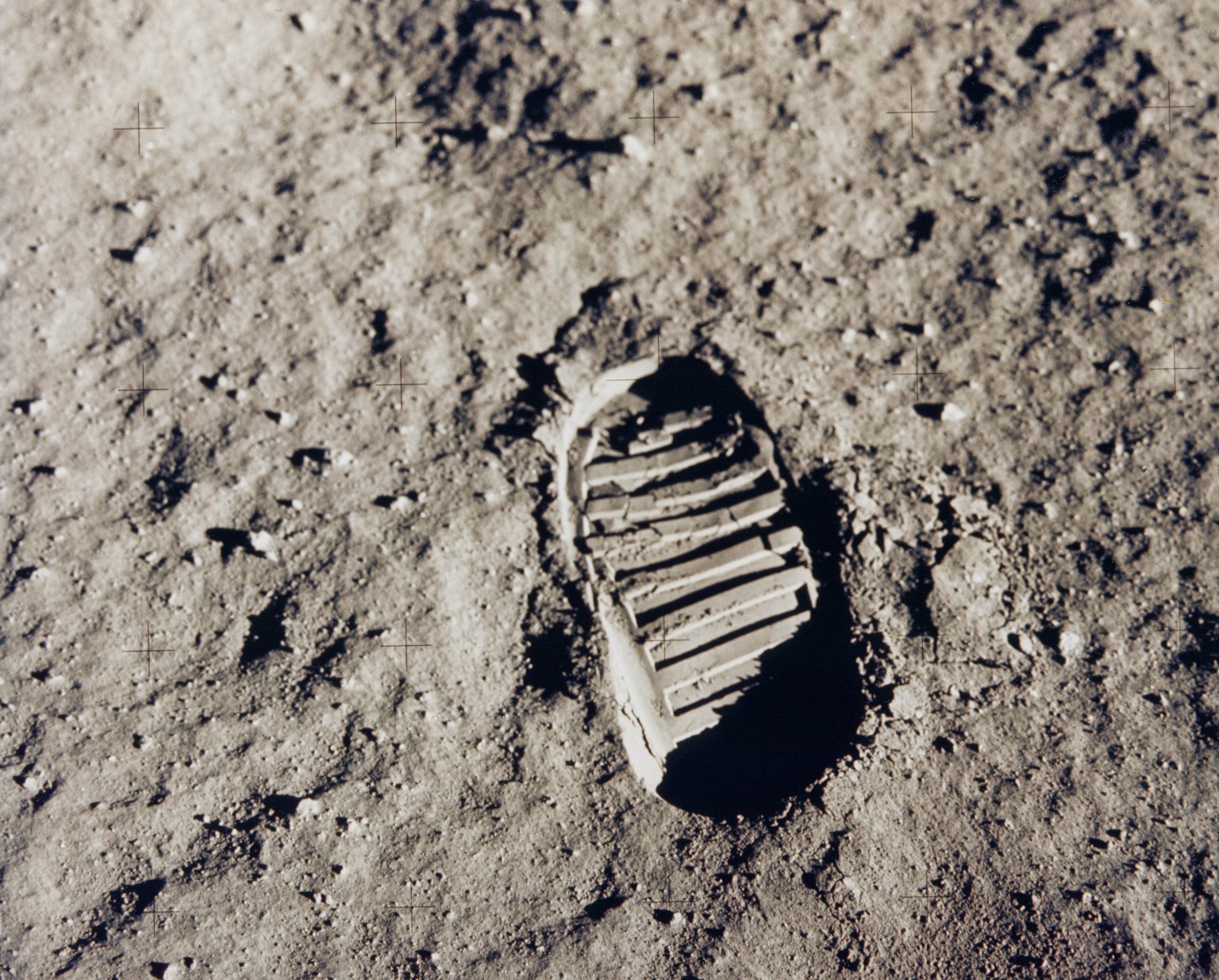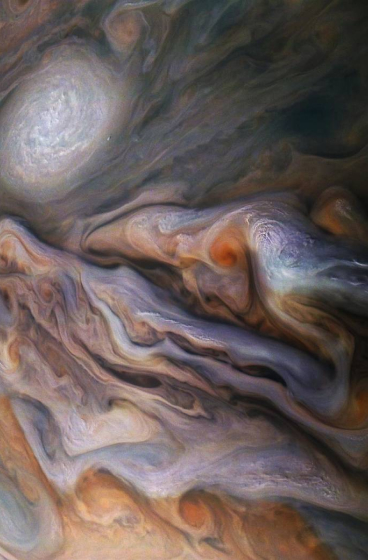NASA-funded Regional Planetary Image Facilities (RPIFs) are an international system of planetary image libraries located at institutions around the world. The seeds of the RPIF network were first planted in the 1971 with the first facility opening at the United States geological Survey in Flagstaff, Arizona as the need to house data returned by NASA’s Lunar Orbiter, Surveyor, and Apollo programs grew. Eventually, the demand to house imagery and data returned by NASA’s missions on a much larger scale—reaching beyond our Moon into our solar system—led NASA to expand its RPIF network internationally. Today, the RPIFs contain half a million hard copy images and prints of the planets and their satellites taken from Earth and by crewed and uncrewed spacecraft, as well as topographic and geologic maps produced from these images. Each institution has its own respective specialization, and the decision to expand the network internationally was made to strengthen NASA’s internationally collaboration and share its great science with as many people as possible.
“Regional Planetary Image Facilities have been a worldwide resource to spark interest, learning, and understanding of our planets and solar system,” said Lori Glaze, director of NASA’s Planetary Science Division. “These precious images and data have been an invaluable resource for planetary science since the earliest days of solar system exploration, and I am grateful for the decades of incredible contributions these facilities have provided in inspiring future generations of explorers.”
The imagery the RPIF’s hold has helped form the foundation of modern planetary science. While RPIF funding is transitioning from NASA to the respective institutions at which they are operated, the facilities will remain open to the public and are encouraged for use by all individuals and groups who use photographic and cartographic materials of the planets and satellites in their research programs.
“The Hawaii RPIF is our way to bring to the broader community, both in Hawaii and the Mainland, the excitement of planetary exploration, and to provide some of the background context on how these data have expanded our understanding of the Solar System” said Dr. Peter Mouginis-Mark, Director, Pacific Regional Planetary Data Center Hawaii Institute of Geophysics and Planetology University of Hawaii at Manoa. “We hope that we have been a service to our community and have helped to inspire at least a few future planetary geologists during our 36 years of operation!”
RPIFs across America:
Arizona State University, The Ronald Greeley Center for Planetary Studies, School of Earth & Space Exploration
Director: David A. Williams; Data Manager: David M. Nelson
Brown University, Northeast Regional Planetary Data Center, Department of Geological Sciences
Director: Peter H. Schultz
Cornell University, Spacecraft Planetary Imaging Facility, Cornell Center for Astrophysics and Planetary Science
Director: Alex Hayes; Data Manager: Zoe Learner Ponterio
Jet Propulsion Laboratory, Regional Planetary Image Facility
Director: Robert Anderson; Data Manager: Jeff Schroeder
Lunar and Planetary Institute, Center for Information and Research Services
Director: Julie Stopar; Data Manager: David Bigwood
National Air and Space Museum, Center for Earth and Planetary Studies
Director: Thomas Watters; Data Manager: Rosemary Aiello
U.S. Geological Survey-Flagstaff, Regional Planetary Information Facility Branch of Astrogeology
Director: Justin Hagerty; Data Manager: Amy Zink
University of Arizona, Space Imagery Center, Lunar and Planetary Laboratory
Director: Shane Byrne; Data Manager: Maria Schuchardt
University of Hawai’i at Manoa, Pacific Regional Planetary Data Center, Hawai’i Institute of Geophysics and Planetology, School of Ocean and Earth Science and Technology
Director: Dr. Peter J. Mouginis-Mark; Data Manager: Chris A. Peterson
Additional information, including a complete listing of RPIF locations worldwide, can be found on the RPIF home page at http://www.lpi.usra.edu/library/RPIF.

















